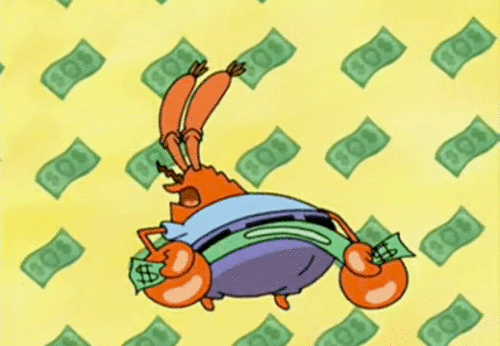In class, we recently read John Locke's Of the State of Nature. At the beginning of the essay, I agreed with everything Locke was saying. He presented ideas of perfect freedom and equality, which I'm sure many of us can agree on; however, he then took a drastic shift in to presenting new ideas very different to his original ones.
Locke asserts that creatures of the same species and rank should be equal among each other, which is a very relateable idea. It only makes sense that common people should be treated in the same way. However, I somewhat disagree with this idea. It is not right if people who are not alike, or hold different positions in society are treated differently from each other. True equality is when all people are treated the same. This is actually a very complicated idea because a person who had committed multiple crimes should not necessarily be treated the same as someone who has not committed crimes.
I found it very interesting that Locke presented only two states of nature, which were unity and chaos, there was no in between. And these two things depended on relationships and trust among the people. This is very similar to how the Declaration of Independence is stated. Most of it has to do with equality and the consequences that come with rejecting this idea. The Declaration of Independence states that "we hold these truths to be self-evident, that all men are created equal", and the Of the State of Nature says that we need to "preserve the rest of mankind".
One of the main things I noticed that was different between the two was that Of the State of Nature is more blunt when concerning the death penalty and things of that nature. No pity was shown from John Locke concerning this subject which was very off putting to me. The transition from all men being created equally to punishing wrong doers was very unexpected.
I agreed with both of the writings on many points and believe that they bring about valid ideas that will make our society a better place.

